Earth Space Science
Dive into Environmental Science with FLVS and the Guy Harvey Ocean Foundation
By Guest Blogger on October 21st, 2021
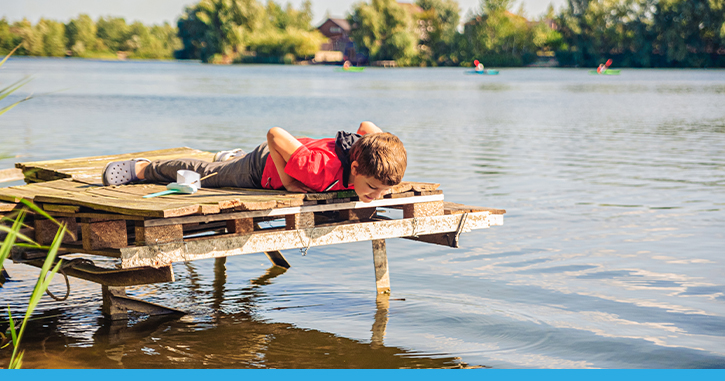
Teaching a generation that is so empowered, connected, empathetic, and driven to make a difference in the world, real-life examples to help them learn about conservation and sustainability are crucial. Luckily, the Florida Virtual School curriculum team and teachers are fully prepared to inspire students to make a long-lasting difference in our planet’s ecosystem.
Continue readingWhat’s New: Meteorology Honors
By Florida Virtual School on March 19th, 2021
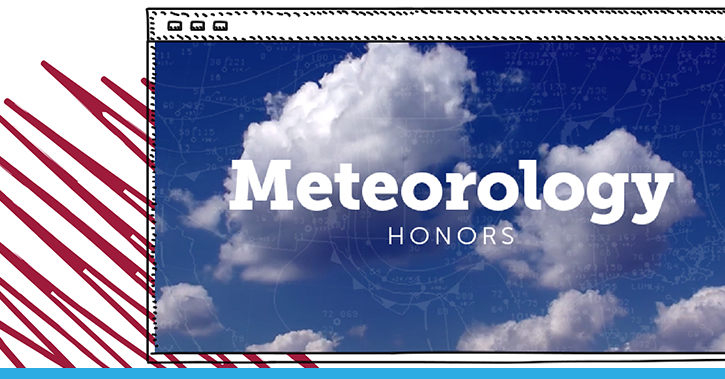
Weather can seem unpredictable, but with historic data and powerful technology, professionals are able to provide daily forecasts and severe weather updates to people around the world within minutes. These updates may come in handy when scheduling your next beach day or picnic, but they are also crucial for professionals in industries like transportation, construction, and agriculture when making decisions about future and daily operations.
Continue readingFollowing Science in Space: NASA’s Asteroid Mission
By Florida Virtual School on February 27th, 2019
Love space science? Follow us on Instagram for live STEM events throughout the year, including the SpaceX Crew Dragon test flight on March 2, 2019.
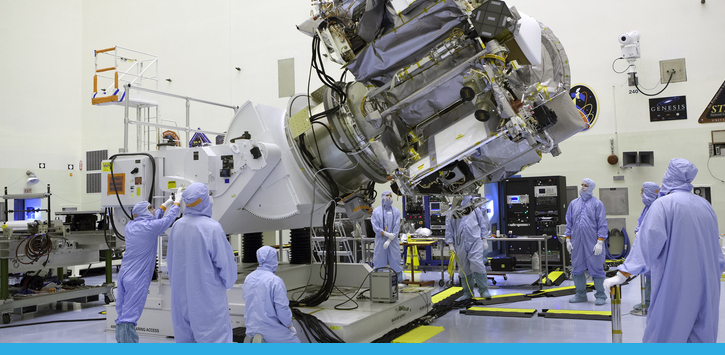
Two and a half years ago on September 8, 2016, I was able to witness the launch of OSIRIS-REx to share with our school community.
I’m sure you’re wondering what that means, right? OSIRIS-REx is a NASA asteroid study and sample return mission. OSIRIS-REx stands for Origins, Spectral Interpretation, Resource Identification, Security Regolith Explorer. Its main goal is to obtain a sample of at least 60 grams of rock from an asteroid called Bennu, a near-earth asteroid with lots of carbon in it. Now if you’re wondering exactly how much 60 grams is, one candy Skittles is approximately 1 gram. Imagine 60 of those and that’s how much of Bennu we will be bringing back to the Earth. And wait for it…it will take seven years before the mission is completed!
During our live lessons for Earth Space Science, we’ve been discussing current science events and all things space – including updates from Bennu. Continue reading
FLVS Follows Science on Its Way to Space
By Guest Blogger on April 30th, 2018
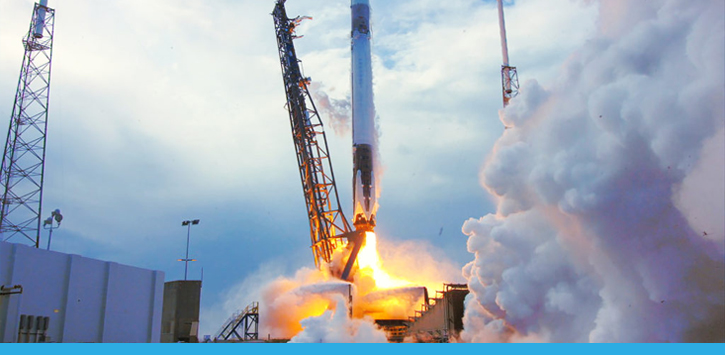
On April 2, 2018, the SpaceX Falcon 9 rocket blasted into space with the Dragon spacecraft – sending fascinating science experiments and supplies to the International Space Station.
FLVS was invited to share the experience with our students and followers through social media, including a behind-the-scenes tour of NASA facilities at Kennedy Space Center prior to launch. Continue reading
FLVS Corkboard: April Highlights
By Florida Virtual School on April 20th, 2017
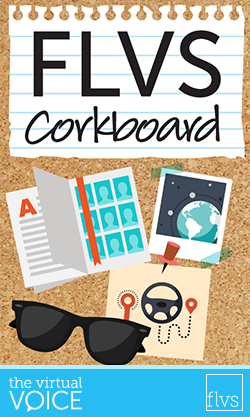 April showers may bring May flowers, but both months ultimately mean…we’re sailing into summer!
April showers may bring May flowers, but both months ultimately mean…we’re sailing into summer!
Speaking of cruising…
Shakespeare Fest 2017 was a great success! For those who were unable to attend or want to catch up on a session they missed, leave us a comment below to request the recordings!
Thank you to all of the teachers, sponsors, and student presenters who helped to make this such a spectacular event!
And while we’re on the subject of thanking teachers, don’t forget that Teacher Appreciation Week begins Monday, May 1. If you have an outstanding teacher you’d like to give a shout out to, consider posting a personal message on the FLVS Facebook page or on Instagram or Twitter using hashtag #FLVSTAW.
They appreciate YOU and your words of encouragement so much! Continue reading
Aliens and Explosions
By Guest Blogger on March 30th, 2017
This post was written by FLVS student Sarah Weyand about her award-winning research in astrophysics.
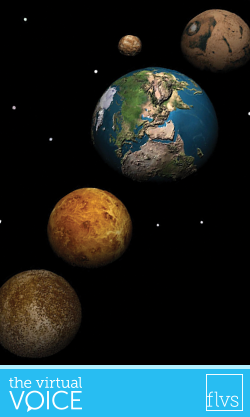 My science fair journey began about a year ago.
My science fair journey began about a year ago.
I was approached by a Harvard graduate who wanted to mentor a high school senior in an astrophysics and computer science research project.
I knew nothing about astronomy and I didn’t know a single programming language, but I love space and I plan to major in computer science in college. Naturally, I said yes. This project has taken me to the Science Talent Search, the Indian River Regional Science and Engineering Fair, and, now, the State Science Fair.
My project is titled Aliens and Explosions: How Supernovae Affect the Habitable Zones of Exoplanets.
The purpose of the project is to calculate the percentage of exoplanets, a planet that does not orbit our Sun, that would no longer be in the habitable zone of their host star due to a supernova, the explosive death of a massive star. Continue reading
FLVS Attends GOES-R Satellite Launch
By Florida Virtual School on December 7th, 2016
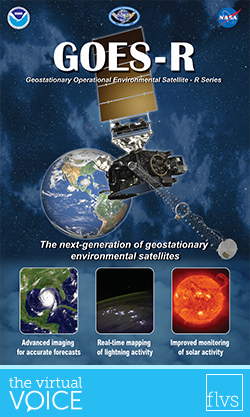 On Saturday, November 19, I had the privilege of watching the GOES-R weather satellite launch from Kennedy Space Center.
On Saturday, November 19, I had the privilege of watching the GOES-R weather satellite launch from Kennedy Space Center.
Now you may be wondering what GOES-R stands for. It’s the Geostationary Operational Environmental Satellite, a satellite system that orbits the earth and sends data back to National Weather Service computers. The R indicates what number or version the GOES satellite is on, so there have already been versions A-R. GOES-S is slated to launch next year and is the twin to GOES-R.
Of course, weather satellites get launched all the time, so why would this one be any more special than the others?
Well, right now we receive images of satellite scans every 30 minutes or so. The GOES-R satellite will provide data at least every five minutes, and in some circumstances every 30 seconds! So not only will it be five times faster than current weather satellites, but it will also gather three times more data and it will have four times better resolution. Continue reading
To Bennu and Back!
By Florida Virtual School on September 29th, 2016
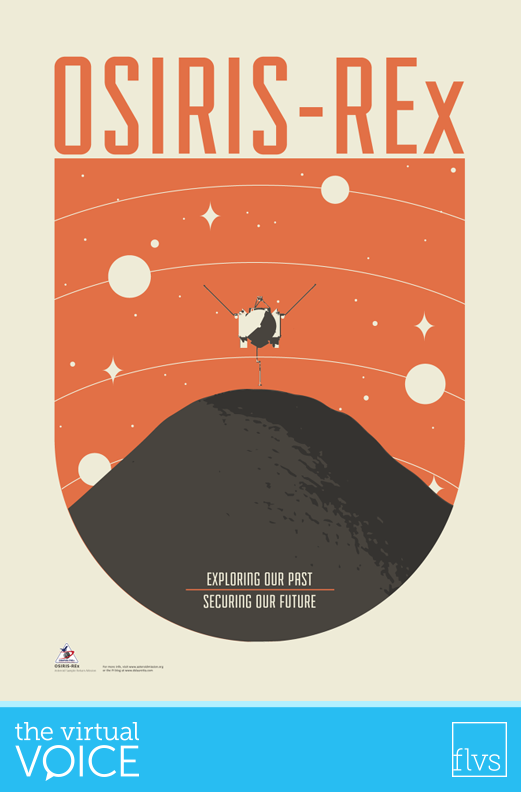 Hello FLVS peeps!
Hello FLVS peeps!
I had the distinct honor of representing FLVS at the OSIRIS REx rocket launch a few weeks ago.
Now if you’re wondering what exactly that means, OSIRIS REx stands for NASA’s Origins, Spectral Interpretation, Resource Identification, Security-Regolith Explorer. That’s a mouthful, right?
In a nutshell, NASA is sending a spacecraft to an asteroid named Bennu. Once it reaches Bennu (after a trip lasting two years), the spacecraft will orbit the asteroid for about a year, find the perfect place to collect about 80 grams of the rock, and head back home, arriving back to Earth in 2023.
It won’t actually land on the asteroid, but instead hover over it – and with the help of Canada and their amazing knowledge of spacecraft arms – will grab a small sample. (To put this in perspective, 80 grams is about the equivalent of 80 Skittle candies.)
So why are we going to Bennu? Continue reading
Joining Mars MAVEN Ambassador Program
By Florida Virtual School on August 22nd, 2015
 Have you ever just watched the last five minutes of a movie and tried to piece the rest of it together, backwards?
Have you ever just watched the last five minutes of a movie and tried to piece the rest of it together, backwards?
Crazy idea, right? It’s one that Mars scientists are doing on the MAVEN mission.
MAVEN stands for Mars Atmosphere and Volatile EvolutioN and the goal is to try and figure out what happened to Mars’ atmosphere millions of years ago.
Scientists know Mars at one time resembled Earth, with an atmosphere and flowing water. With MAVEN, they will attempt to work backwards and find out how the atmosphere and dynamo was lost.
I was lucky enough to be accepted into the MAVEN Ambassador Class of 2015 and I attended a week-long workshop with 29 other teachers to find out more about this cool mission. Continue reading
FLVS Attends SpaceX CRS-6 Cargo Launch Mission
By Guest Blogger on April 23rd, 2015
On April 12-13, 2015, FLVS had the privilege of going on a behind-the-scenes tour at Kennedy Space Center and sharing the experience with our students.
During the virtual field trip, followers of our FLVS Twitter account were able to tune in live for video streaming made possible with the new social app, Periscope.
While anyone can watch streams broadcasted via Twitter on their desktop or mobile device, users with the mobile Periscope app were also able to post questions in real time. We were honored to have viewers from around the world engage with us throughout the event! Continue reading

